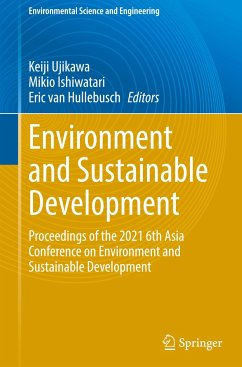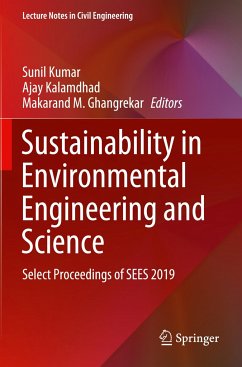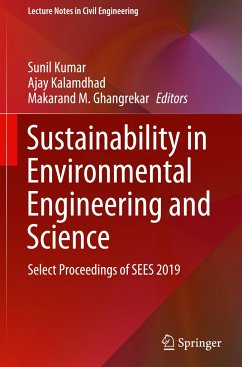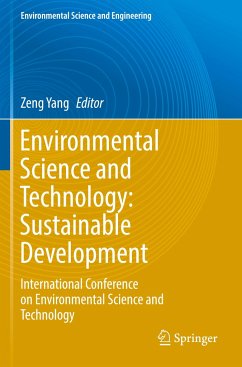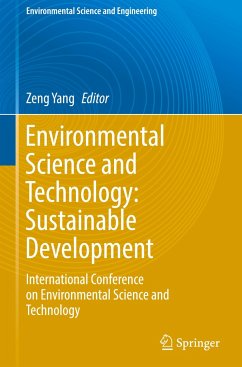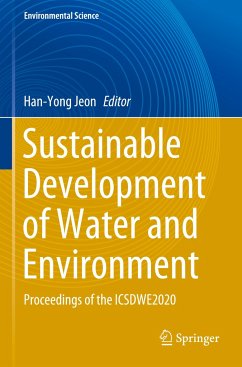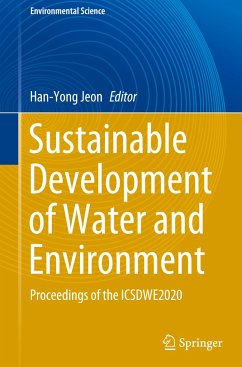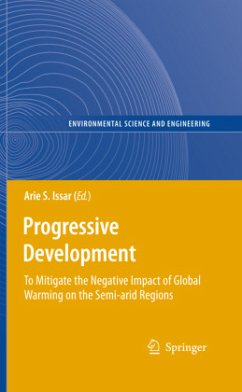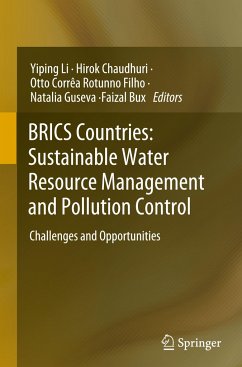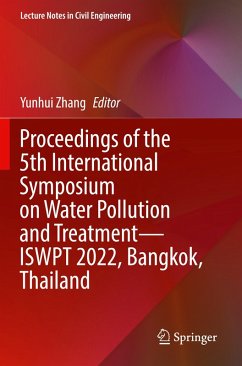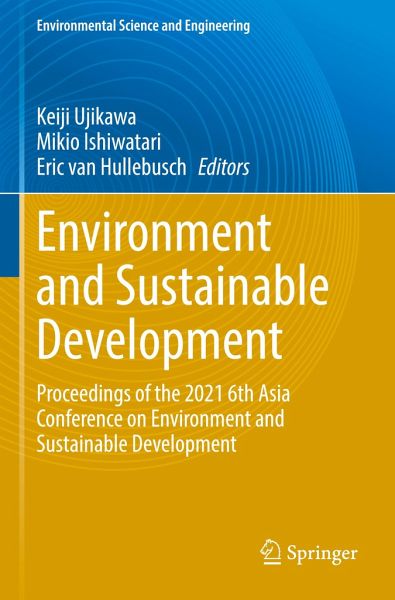
Environment and Sustainable Development
Proceedings of the 2021 6th Asia Conference on Environment and Sustainable Development
Herausgegeben: Ujikawa, Keiji; Ishiwatari, Mikio; Hullebusch, Eric van
Versandkostenfrei!
Versandfertig in 6-10 Tagen
136,99 €
inkl. MwSt.

PAYBACK Punkte
68 °P sammeln!
This book collects the latest advances, innovations, and applications in the field of environmental science and sustainable development, which were presented by scholars and researchers at the 2021 6th Asia Conference on Environment and Sustainable Development, held in Phuket, Thailand, November 6-8, 2021. The book covers highly diverse topics, including environmental dynamics, global environmental change and ecosystems management, environmental restoration and ecological engineering, water treatment and reclamation, environmental sustainability, health and the environment, wastewater and slud...
This book collects the latest advances, innovations, and applications in the field of environmental science and sustainable development, which were presented by scholars and researchers at the 2021 6th Asia Conference on Environment and Sustainable Development, held in Phuket, Thailand, November 6-8, 2021. The book covers highly diverse topics, including environmental dynamics, global environmental change and ecosystems management, environmental restoration and ecological engineering, water treatment and reclamation, environmental sustainability, health and the environment, wastewater and sludge treatment, solid waste management, air pollution and control. The contributions, which were selected in a rigorous international peer-review process, highlight numerous exciting ideas that will spur novel research directions and foster multidisciplinary collaborations.





